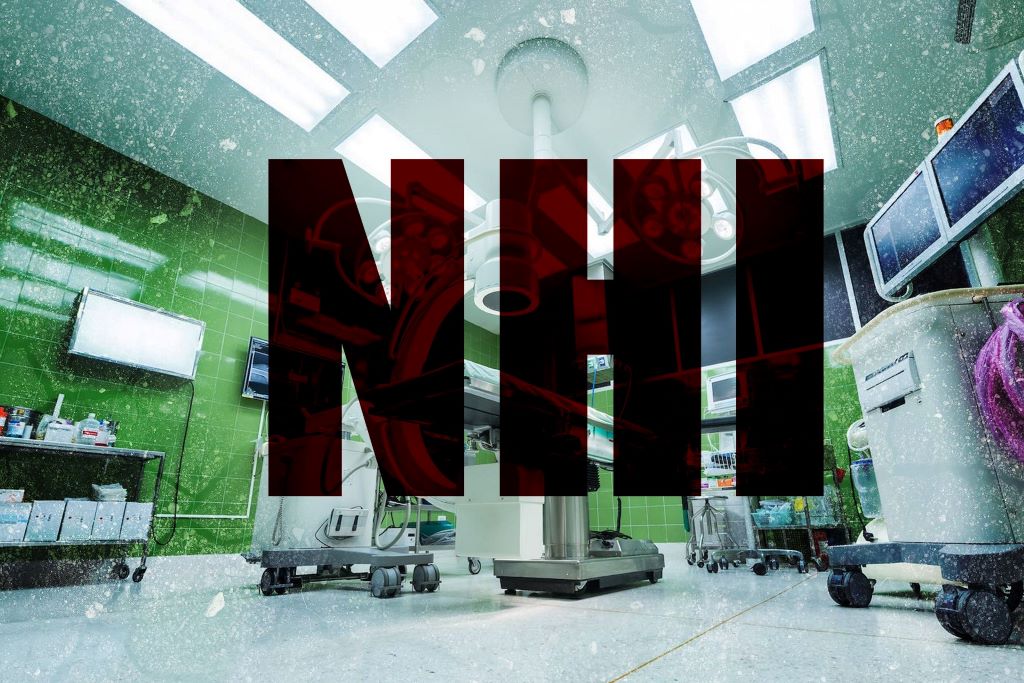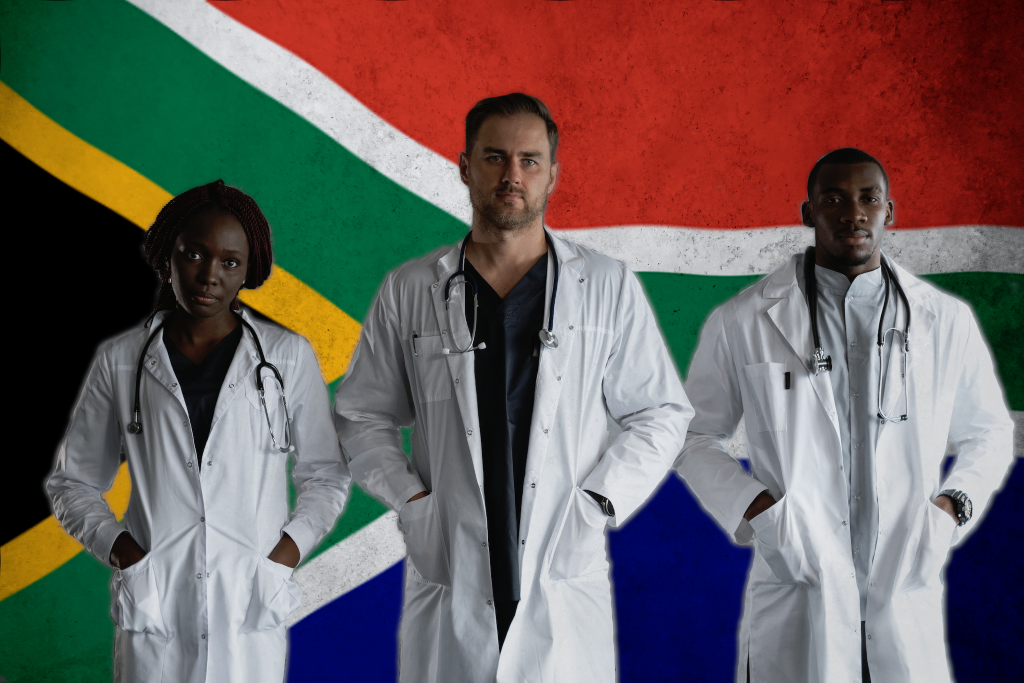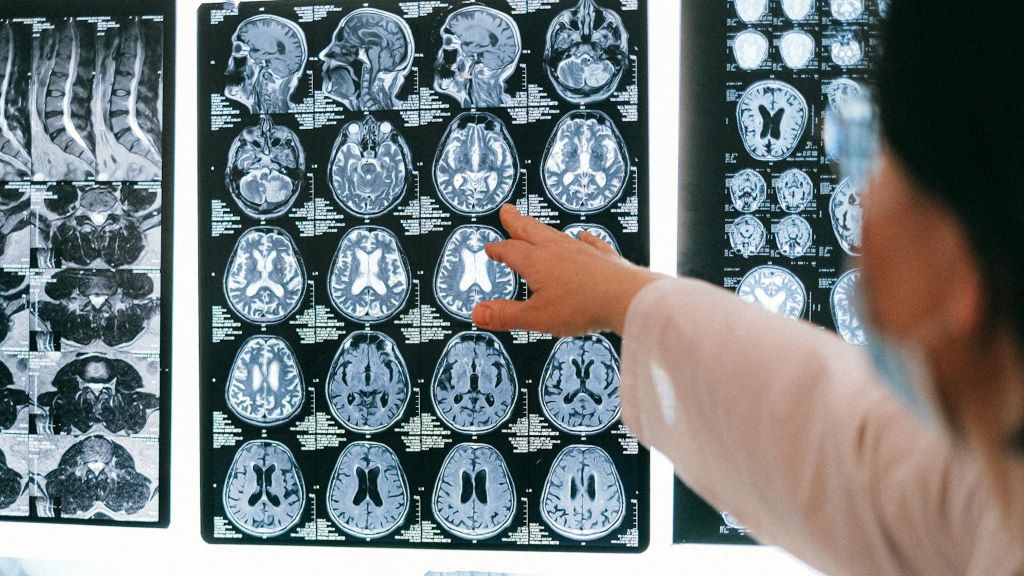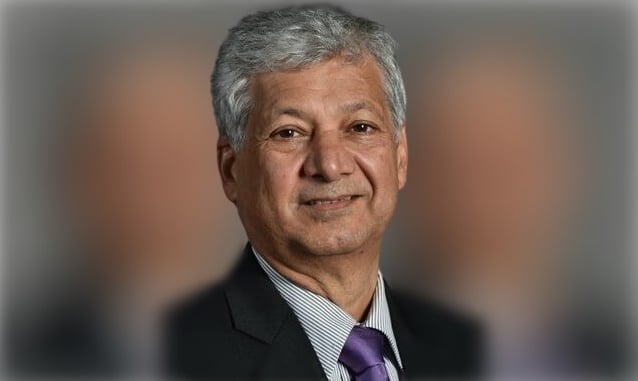Mandatory Health Insurance for SA is an ‘Upgrade’ on NHI, Proponents Say
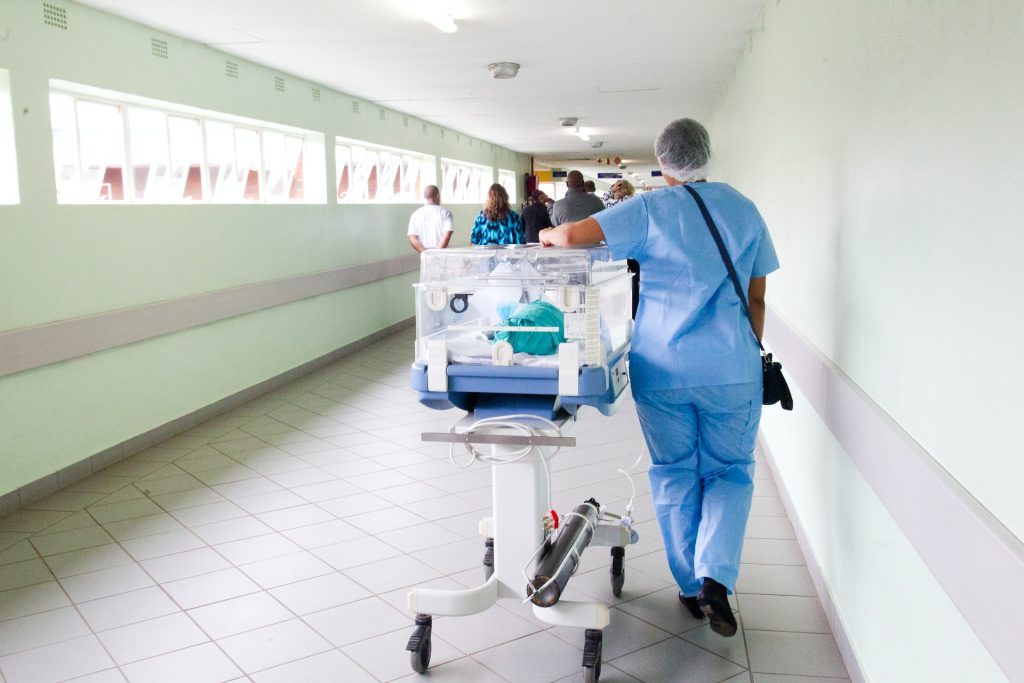
By Chris Bateman
The idea of mandatory medical scheme coverage for employed people has made a comeback after the case for it was made at a recent conference. The policy move was previously on the cards in South Africa but faded after the ANC opted for National Health Insurance (NHI) at its 2007 national congress where Jacob Zuma was elected as the party’s new leader. Chris Bateman unpacks how a system with mandatory medical scheme membership for the employed might work and asked local experts whether it represents a viable alternative to government’s NHI plans.
A vigorous public debate has ensued since outgoing Netcare CEO, Dr Richard Friedland, on behalf of the Hospital Association of South Africa (HASA) delivered a strongly argued case for a return to what he described as the original ANC healthcare plan. He was speaking on “Viable and Near-term Opportunities to Providing Enhanced Healthcare in South Africa,” at HASA’s annual conference in Sandton held early in September.
Since then, the leadership of Business Unity SA (BUSA) met with President Cyril Ramaphosa and Health Minister Dr Aaron Motsoaledi, and his deputy and other senior officials, in mid-September to discuss “matters of concern” related to the NHI. The President requested BUSA to put forward specific proposals on “the remaining matters of concern” as a basis for re-engagement.
Some observers have suggested to Spotlight that these consultations are a first sign of government openness to changing or tweaking its NHI plans. But whether this means the door is actually open for a system of mandatory health insurance, or for mandatory health insurance as a stepping-stone toward NHI, is still unclear.
The NHI Act, that was signed into law by Ramaphosa in May, envisages a single-payer system where medical schemes are only allowed to cover health services that are not covered by the NHI fund.
How mandatory health insurance would work
Under mandatory health insurance, everyone who is in formal employment, or who earns above a certain threshold, would be forced by law to be a member of a medical scheme. This will result in medical scheme membership swelling substantially and some pressure being taken off the public healthcare system. It is also expected to result in medical scheme premiums being reduced because more healthy, younger people will join the schemes. People who are unemployed or who cannot afford health insurance will still be dependent on the public healthcare system.
Friedland said such mandatory healthcare insurance will triple the medical scheme market from 9.2 million to potentially 27.5 million beneficiaries over time and reduce those dependent on the state from 53.8 million to 35.5 million. In so doing, it would boost public healthcare per capita spending by 52%, (from R5 054 to R7 659), without any additional funding of the public sector budget, alleviate the strain on public hospitals and clinics, shorten waiting lists, and free up money to hire more staff and improve infrastructure. He said it is a “far faster and more efficient tool” for achieving health equity.
Responding to the counter argument that a mandatory health insurance system would entrench existing health inequalities, Professor Alex van den Heever, Chair of Social Security Systems Administration and Management Studies at the University of the Witwatersrand, said the opposite is true. “It accelerates convergence between the two systems faster than the NHI proposals,” he told Spotlight.
The relief for people who can afford medical scheme cover could also be significant. Friedland said mandatory medical scheme membership would bring more young and healthy people into the system, thus reducing the cost of monthly premiums by 25% to 30%.
Mandatory contribution schemes for civil servants have been implemented in more than half of the countries in Africa, while Thailand and many other Asian countries have started with mandatory cover for the formal sector before expanding to the non-formal sector. Such systems with what amounts to many medical schemes, rather than a single large fund, are also in place in several European countries, including the Netherlands and Germany.
Not a new idea
Mandatory health insurance, or an expanded role for medical schemes, are by no means new ideas in South Africa. Friedland told Spotlight that the ANC government’s own broad ranging 2002 inquiry into the various social security aspects of the South African health system concluded that national health insurance or the complete nationalisation of the private sector, could not be seriously considered as a reasonable option. (The inquiry itself was based on the Health Subcommittee Findings of the Committee of Inquiry into a Comprehensive System of Social Security.)
That 2002 report concluded: “National health insurance is not an option that emerges overnight as an alternative to social health insurance. Instead, it becomes feasible within market economies where formal employment levels are high. Prior to this, mixed systems are inevitable.”
One indication of how committed government was to such a mixed system with an expanded role for medical schemes in the early and mid-2000s, is the fact that the legislative framework to enable the expansion of medical scheme coverage was incorporated into the 2008 Medical Schemes Amendment Bill. That bill did not go as far as making scheme membership mandatory, but a mandatory system was clearly a next step on the reform agenda, as outlined in the very wide-ranging 2002 Taylor report on social security in South Africa. But presumably because of the NHI proposals, the 2008 amendments were allowed to lapse – and the scaffolding for a progressive expansion of medical scheme coverage collapsed.
There have since been several committees of inquiry and technical processes that validated an ongoing role for medical schemes, of which the Competition Commission’s Health Market Inquiry (HMI), that ran for five years (2014 to 2019), was the most technically detailed, consultative and authoritative. The HMI report did not recommend that medical scheme membership be made mandatory for people who are employed, but it did recommend a continued role for medical schemes and suggested that the most viable path to NHI may well involve first fixing the regulation of medical schemes.
Van den Heever said South Africa needs to quickly return to the pre-2008 reform trajectory to help stabilise the health system, “before more harm is done”. Government needs to summon up the political will to address the systemic governance failures of the public health system, removing the “bad actors and provincial cabals” that were destroying the integrity of South Africa’s free public health services, he added.
Better regulation also needed
For a system of mandatory health insurance to work, medical schemes will have to be more effectively regulated. Here the HMI report found that government had dropped the ball. It attributed the private health market failure and rampant medical inflation directly to government neglecting to regulate the private healthcare industry.
Health actuarial consultant, Barry Childs, joint CEO of Insight Actuaries and Consultants, told Spotlight private healthcare sector reforms urged by the HMI were ignored, resulting in ongoing confusion, high costs, complicated products and waste, among other problems. “Our incomplete medical scheme regulation keeps costs up, (for example anti selection, Prescribed Minimum Benefits), with benefits out of reach of most. We still don’t have a proper framework for lower cost-lower benefit products for those who cannot afford medical schemes,” he said.
The HMI report recommended a framework that went “way beyond naïve approaches to price control”, said Van den Heever, and addressed the powerful incentive structures driving unproductive forms of competition. In addition, he said, the industry-wide pooling approaches (risk equalisation and social reinsurance) followed international best practice and fully addressed issues of pooling fragmentation.
In the five years since the publication of the Commission’s HMI report, none of its major recommendations have been implemented.
Jobs and taxes
One common thread running back to the 2002 report, is the idea that South Africa is not economically ready for NHI and that a mixed system, possibly with mandatory health insurance, is more compatible with the current realities of high unemployment and a relatively small tax base.
“The root cause of inequity and inequality is not just a new form of apartheid. The real reason is the catastrophic level of unemployment. Until we address that, we will not solve an entire range of inequities, including food security, housing, education, and healthcare,” said Friedland.
On joblessness, Childs said South Africa was on track with the rest of the world’s growth up to 2008 but thereafter flat lined for over a decade. “We have dramatically underperformed the rest of the world and our peer group of middle-income countries in long term economic growth.”
In South Africa, unemployment is at an extremely high 33.5%, while in 2002 it was at 26%.
“If an NHI was unaffordable in 2002, how much more so is it today?” Friedland asked. He said that in this context, strong partnership, collaboration, and co-operation between the public and private sector is needed to bridge the polarisation that has arisen.
Analysis commissioned by BUSA found that raising the extra R200bn the health department says it needs to fund NHI would entail unrealistic and unaffordable tax hikes. It would either increase personal income tax by 31%, push VAT from 15% to 21.5%, or require the collection of a payroll tax of R1 565 per month from everyone in formal employment.
Van den Heever said that while government has a discretion to increase tax rates to any level it chooses, it cannot control the resulting amount of funds raised. He said that once tax capacity is reached, a hard ceiling on government revenue results at any given level of economic growth. The only way to grow revenues thereafter is through economic growth, failing which, revenues stagnate beyond government control.
The “big idea”, he said, was that new taxes would fund the move of medical scheme members to the public sector, in the form of a single NHI Fund, such that both public sector and medical scheme populations were covered in the same system – with net gains in coverage for both.
However, contrary to what was “correctly understood” from 1994 to the 2002 Taylor Commission, “the maths for such an approach, just does not add up”, said Van den Heever.
“The fastest way to de-segment the system is to allocate all new government revenues arising from economic growth to the people who need it most. This is not what the NHI proposals envisage. They want to dilute the public spend by trying to cover higher income groups. It is dangerous magical thinking that allows government to avoid dealing with the complex problems of the health system. Government needs to get back to its day job and do the heavy lifting needed to get our health system working again.”
Government response
Spotlight shared an earlier draft of this article with the National Department of Health for comment. While the department did not comment directly on mandatory health insurance, Foster Mohale, the department’s Director of Communications, emphatically reiterated their support for NHI and the NHI Act that was signed into law in May.
“There is no better time than now to reform South Africa’s health system. It is time to do away with the apartheid type of health system, and to reconfigure it into one that ensures that every South African gets the health care that they need, when they need, where they need and without incurring financial hardship. With the enactment of the NHI Act, the time for piecemeal approaches that retain benefits for the few and leave the majority to the whims of the market is no more,” Mohale told Spotlight.
He said that many countries, including Japan and the United Kingdom, have implemented health system reforms directed at achieving universal health coverage during times of crisis and low economic growth. “Therefore, to say that South Africa must sit and wait for some oracle numbers to emerge before instituting NHI is merely to argue that we must consciously let those that are carving profits and dividends from the anomalies that characterise our health system to continue. This is an irresponsible position that the Department cannot adopt as health is a constitutionally enshrined right for every South African, not just a privileged few,” he said.
On the questions of taxes, Mohale said: “We will not delve into the projected tax implications because we believe this is a matter that squarely falls under the purview of the National Treasury and the Minister of Finance. Suffice to say at the right time, and after necessary deliberations through formal government structures and processes, any information relating to this will be communicated to the public for comments prior to finalisation.”
Note: The 2002 Tailor report titled ‘Transforming the present – Protecting the future’ is not readily available online. There is this PDF version (unfortunately not searchable and with poor accessibility). For ease of use, we have created a Word version of the document that you can access here. Health is discussed in chapter 8.
Republished from Spotlight under a Creative Commons licence.

